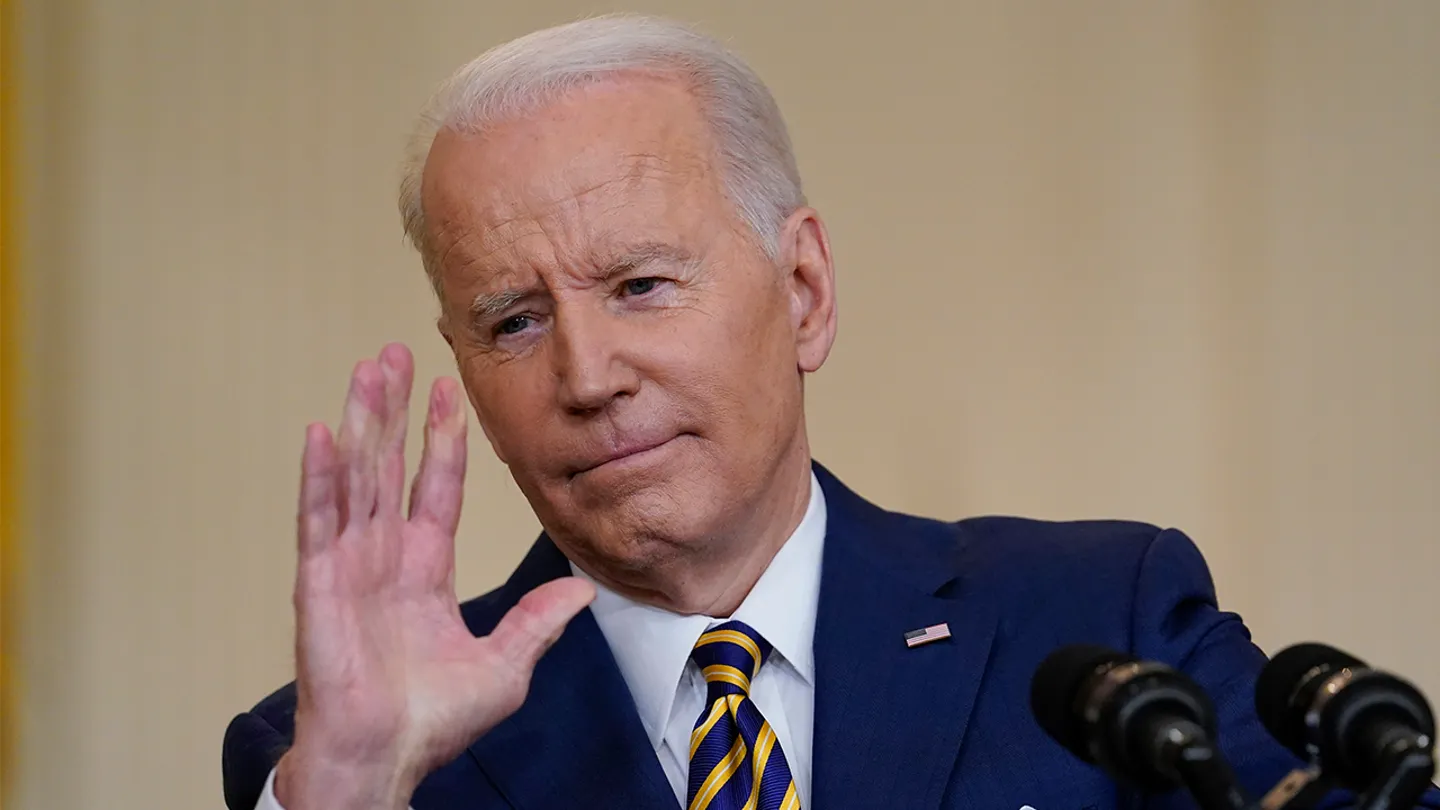Supreme Court Justice Clarence Thomas recently challenged the Biden administration over the constitutionality of the president’s student loan relief program.
The Supreme Court listened to arguments in two cases regarding the program, with one case filed by six Republican attorneys general who argued that it was an overreach by the president.
During oral arguments, US Solicitor General Elizabeth Prelogar argued on behalf of the administration that ending the pause on payments without a plan in place could lead to a surge in defaults and delinquencies above pre-pandemic levels.
She also stated that the Education secretary is authorized to waive or modify any provision in emergencies to provide financial relief to borrowers.
However, Justice Thomas questioned whether a waiver or modification could equate to the cancellation of student loans, and whether the cancellation of $400 billion in debt could run headlong into Congress’ appropriations authority.
He also pointed out that the HEROES Act, which granted the Education secretary certain measures that could be implemented during a national emergency, was specific to emergencies arising from the Sept. 11, 2001, terrorist attacks, not a pandemic two decades later.
President Biden said that he wasn’t confident the loan forgiveness program would pass constitutional muster under the parameters established by a majority of justices.
Justice Brett Kavanaugh also expressed skepticism, stating that some of the biggest mistakes in the court’s history were deferring to assertions of executive or emergency power.
However, liberal justices, such as Elena Kagan and Sonia Sotomayor, argued that the program was legal under the broad language of the 2003 HEROES Act.
Campbell, who argued on behalf of the half-dozen states that filed suit, disagreed, stating that it goes way beyond modification and creates a brand new program.
The Supreme Court’s decision will have far-reaching consequences for millions of borrowers who are hoping for relief from their student loan debts. It remains to be seen whether the court will rule in favor of the program or strike it down as unconstitutional.

